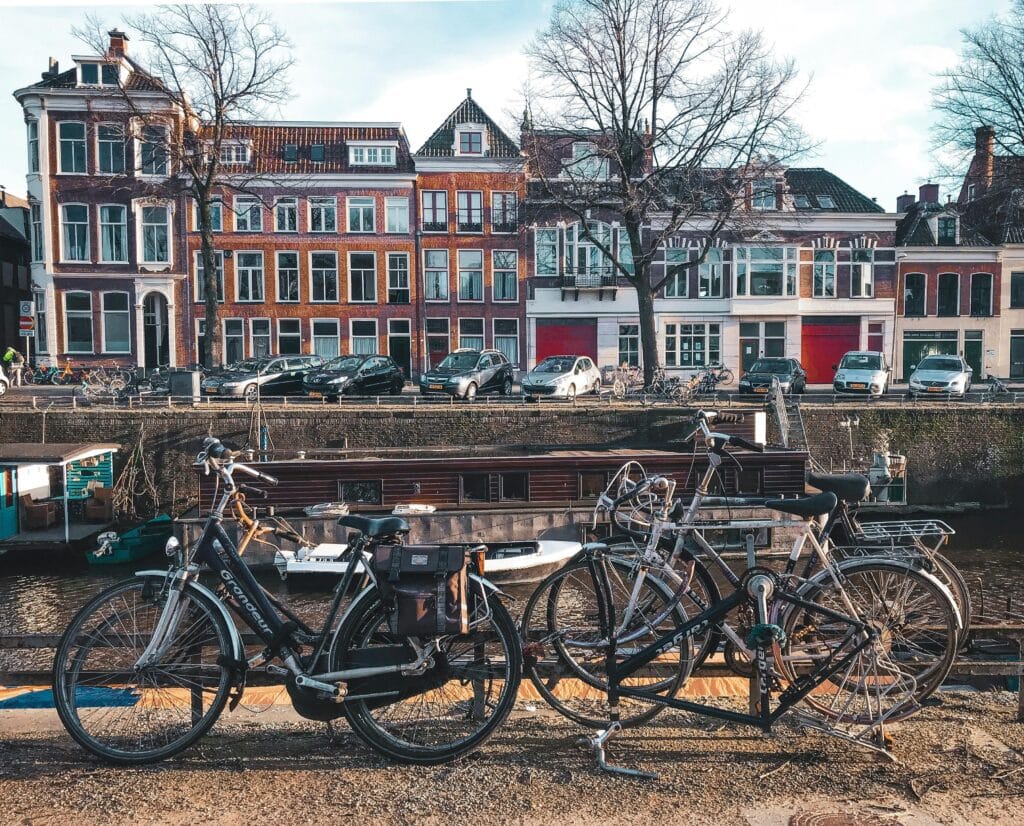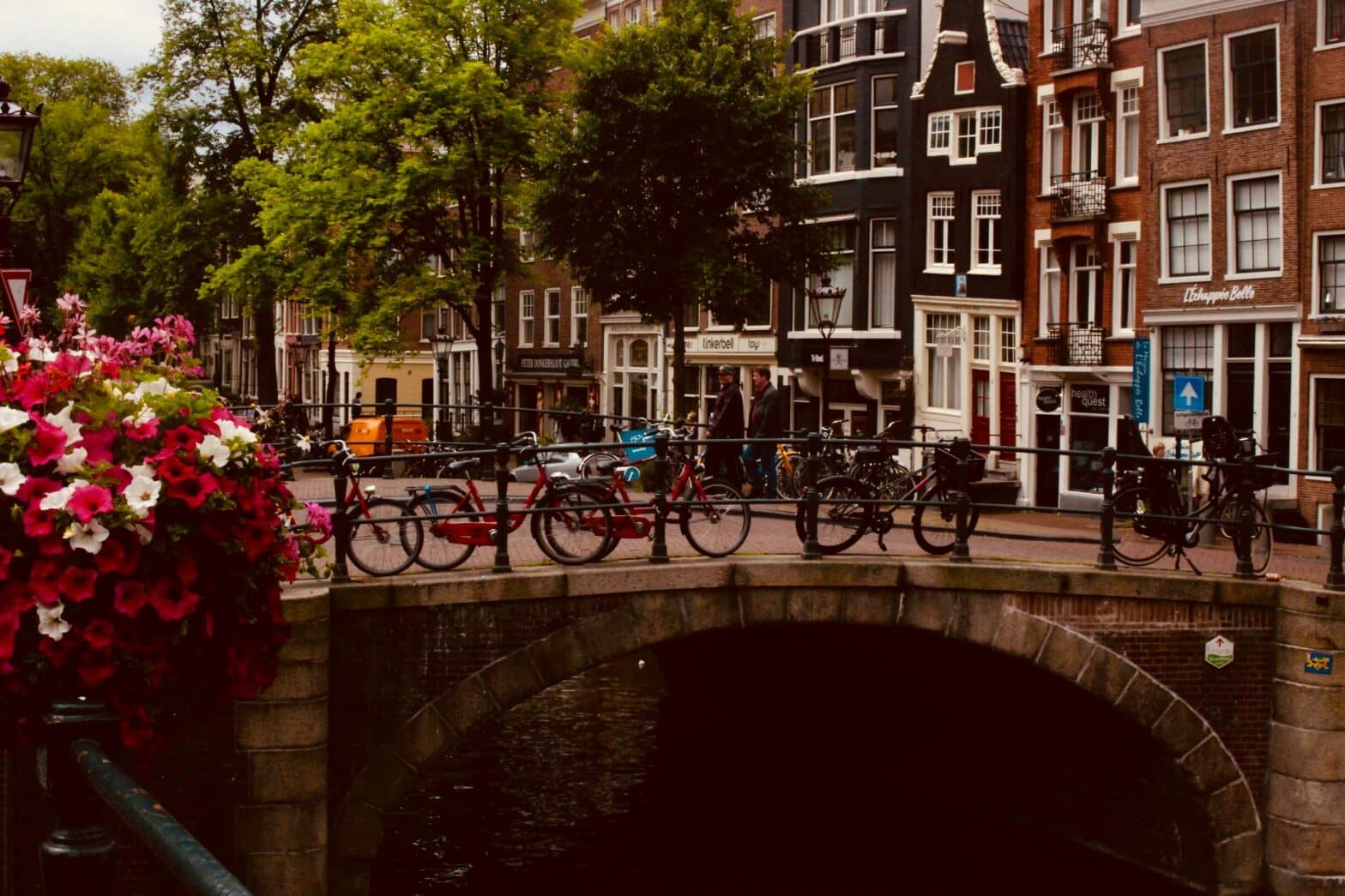Ready to start a new life in the kingdom of windmills and canals? The Netherlands is one of Europe’s most popular countries for expats who relocate there to sample the Dutch way of life which merges liberalism, tradition and cosmopolitanism to form the perfect trio.
Foyer Global Health developed a guide to assist you in embracing new horizons in the land of windmills.
Which visa for your new life?
As a citizen of the European Union, you have the right to settle and work in the Netherlands without having to apply for a special residence permit. Non-EU nationals, however, should contact the relevant authorities in their respective countries to obtain specific visa information.
In any case, as a newcomer, you are obliged to register at the town hall in your place of residence in order to obtain a personal number called the Burgerservicenummer (BSN), which is essential for opening a bank account or dealing with the authorities regarding health insurance, benefits, etc.. If you plan to stay in the country for less than four months or do not have a permanent address, you can apply for a non-resident BSN. You will also need to register your address with the BRP (personal records database).
Moving to the Netherlands: the pros and cons
What are the advantages?
- Excellent quality of life
- A high level of safety due to low crime rates, safe transport and excellent road safety.
- A reliable and efficient healthcare system
- Excellent public transport network making it easy to move around the country.
- Attractive, relatively high salaries compared to other European countries
- A dynamic job market with excellent career opportunities
- A high quality education system with excellent schools and universities
- A good work-life balance
- A tolerant culture open to diversity
What are the disadvantages?
- The cost of living with accommodation and food especially high
- Say hello to the rain!
- Dutch is not an easy language to learn. Though many Dutch people speak English, learning the national language is a prerequisite for integration
Housing in the Netherlands
The housing market is under severe pressure due to the large influx of expatriates combined with a limited supply of accommodation. Due to the shortage of accommodation, it is sometimes necessary to opt for short-term rentals while waiting to find your dream apartment.
Housing represents a major expense in the Netherlands: rents are expensive and above the European average. The average rent for a three-bedroom apartment in the city centre is €2074.09 per month. Of course, prices can rise quickly in popular cities such as Amsterdam, The Hague, Rotterdam and Utrecht.

For rentals, you can consult property websites such as Funda, DirectWonen or Pararius and/or those published by estate agents such as RE/MAX. There are two types of tenancy agreements: fixed-term (six to twelve months) and open-ended.
For long-term expatriates, it is also possible to buy a property and obtain a loan from a local bank, as long as long as you comply with residence requirements.
Which city to live in?
Many expatriates settle in Amsterdam, the cosmopolitan Dutch capital, because it offers many professional opportunities as it is home to many multinational companies. In addition, it offers a high quality of life with many cultural attractions and a solid education system. For a less urban but equally attractive atmosphere, you can choose Maastricht, an epicurean medieval city brimming with cultural attractions. While multilingual international profiles will appreciate the multicultural nature and ecosystem of international organisations in The Hague, modernists will find a home in Rotterdam, the country’s second largest city, known for its accent on creativity.
Getting around the flat Kingdom

The bicycle is king in the Netherlands and the Dutch are proud cyclists! Biking is no joke: the flat Kingdom is home to over 30,000 km of cycle paths! Many city dwellers have made cycling their preferred mode of transport, especially in big cities like Amsterdam. It’s also a great way to explore the Netherlands!
The country also has a very well-organised public transport network that makes it easy to get from one end of town to the other via buses, trams and ferries. In particular, the Dutch rail network, which links the major cities, is remarkably efficient. For inveterate motorists, it is perfectly possible to get around by car.
A matter of language…
Although many Dutch people are fluent in English, especially in the big cities like Amsterdam and The Hague, if you want to integrate socially and professionally, it is important to learn the national language.
Working in the Netherlands
The fact that more and more international companies are setting up and opening their doors in the Netherlands means that there are plenty of job opportunities for expatriates. Attractive sectors for expatriates include IT and new technologies, sectors in which the Dutch government is investing heavily, and healthcare, especially biopharmaceuticals. In general, the job market in the Netherlands is very dynamic and the unemployment rate is very low. It goes without saying that knowledge of the Dutch language is an advantage for jobs in certain sectors. It’s important to know that team spirit, relaxation and a good work-life balance are the order of the day in Dutch companies. It is not unusual for colleagues to get together on Fridays for a ‘borrel’, the famous drink you share with co-workers at the end of a long week or day!
Taxes
Tax rates in the Netherlands are quite high compared to the rest of the world. With an income of €35,409, you will be taxed at 9.42%, between €35,410 and €69,398 at 37.07% and over €69,399 at 49.50%. If you are an expatriate and a highly qualified worker, your income tax may be reduced by 30%. This rule was introduced by the Dutch government in order to compensate for the installation costs involved in moving abroad. For more information on the Dutch tax system, click here!
Your health in the Netherlands
The Dutch healthcare system is one of the best in Europe, thanks to its highly performant health services sector and infrastructure, as well as its being based on liberal and social models. All residents of the Netherlands, including expatriates, are required to take out basic health insurance (basisverzekering) with a private health insurance company for an average monthly contribution of €120. Expatriates must apply within four months of their arrival in the country. For basic health insurance, which includes GP consultations and maternity care, you can choose between two types of insurance: non-contracted care and contracted care, both of which are easily explained by Dutch healthcare authorities.
However, many expatriates choose to take out private international health insurance for comprehensive, flexible and tailored cover in the Netherlands and their home country.
Top experiences in the Netherlands:
- Cycle touring anywhere, anytime.The tulip fields in Spring are an unforgettable sight on two wheels!
- Take a bucolic break in the Upper Veluwe National Park
- Explore the extraordinary architecture of Rotterdam, including the gigantic “Vertical City” and the horseshoe-shaped covered market.
- Recharge your batteries on the island of Texel.
- Stroll along the canals of Amsterdam.
- Sample Dutch cheeses at the Kaasmarkt cheese markets.
- Soak up the intimate atmosphere of the “brown cafés” while sipping an amber beer.
- Immerse yourself in Dutch cultural heritage at the country’s many renowned museums: Rijksmuseum, Van Gogh Museum and Hermitage Amsterdam.
If you want to know more about Foyer Global Health’s health insurance plans, you can click below and get your free quote today:
